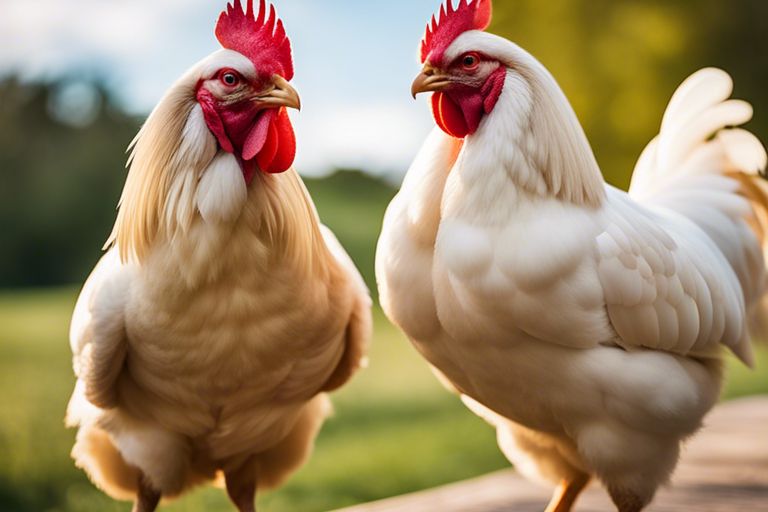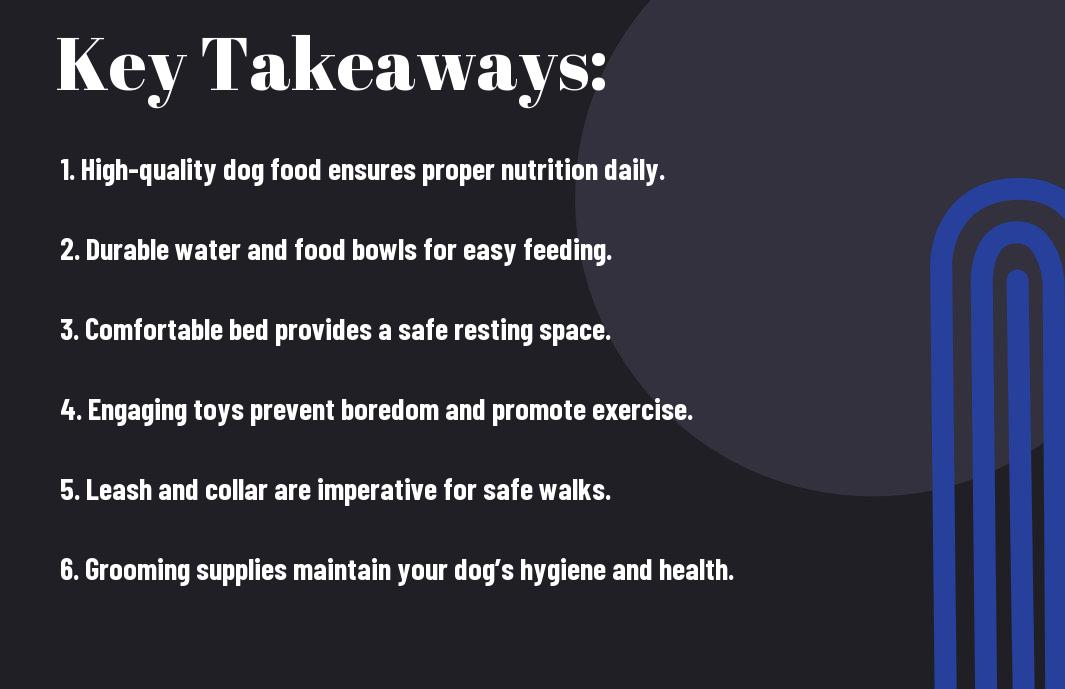Just like humans, chickens have specific needs when it comes to their environment, especially in terms of climate. If you’re considering raising chickens, it’s crucial to choose a breed that can thrive in the weather conditions of your area. In this blog post, we’ll cover crucial factors to consider and provide expert tips on selecting the best chicken breed for your climate. By the end of this guide, you’ll be equipped with the knowledge needed to make an informed decision that will benefit both you and your feathered friends.
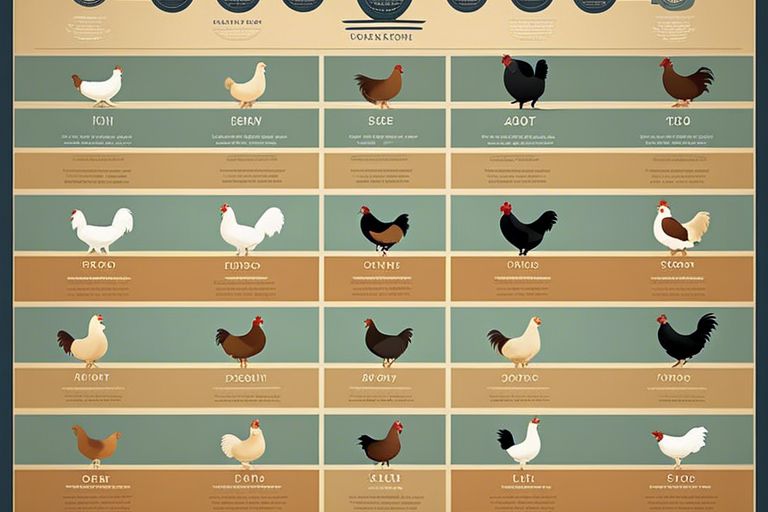
Factors to Consider When Choosing Chicken Breeds for Your Climate
To ensure the health and well-being of your chickens, it is crucial to choose the right breed that can thrive in your specific climate. Different chicken breeds have varying levels of tolerance to temperature, humidity, and other environmental factors. Here are some key considerations to keep in mind when selecting chicken breeds for your climate:
Temperature Tolerance and Feathering
One important factor to consider when choosing a chicken breed for your climate is its temperature tolerance and feathering. Some breeds are better equipped to handle extreme cold or heat than others. Consider the average temperatures in your area throughout the year and choose a breed that can thrive in those conditions.
| Temperature Tolerance | Feathering |
| Cold-hardy breeds like Wyandottes and Orpingtons | Fluffy, insulating feathers for cold weather |
| Heat-tolerant breeds like Leghorns and Minorcas | Light, airy feathers for heat regulation |
Humidity and Heat Resistance
If you live in an area with high humidity and heat, it is imperative to choose chicken breeds that can withstand these conditions. Some breeds, such as Mediterranean breeds like Sicilian Buttercups and Ancona, are better suited for hot and humid climates.
For instance, Mediterranean breeds typically have large combs and wattles that help dissipate heat and regulate body temperature more effectively. These breeds are less prone to heat stress and related health issues in hot and humid environments.
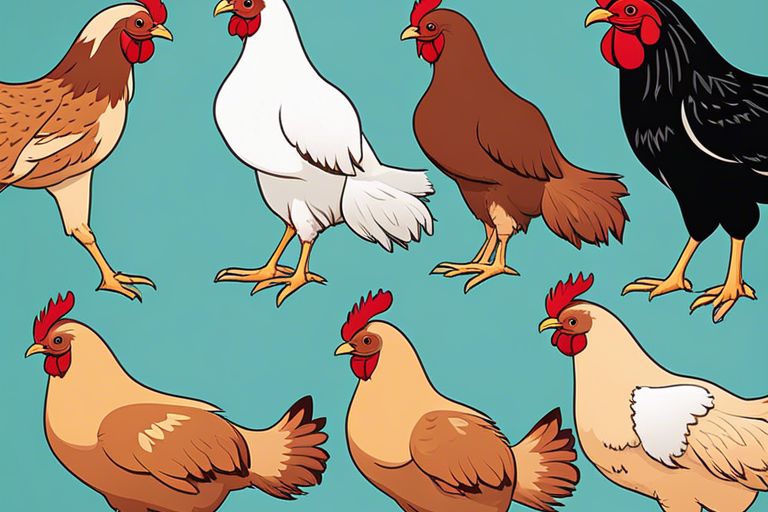
Tips for Assessing Chicken Breeds
Clearly, choosing the right chicken breed for your climate is vital to ensure the health and productivity of your flock. There are several factors to consider when assessing different chicken breeds, from their tolerance to specific weather conditions to their overall temperament and egg-laying capabilities.
- Research Breed Characteristics
- Consult Local Experts and Farmers
- Consider Your Climate and Environment
- Evaluate Your Space and Resources
Research Breed Characteristics
Even before setting foot in a hatchery or contacting a breeder, it is crucial to thoroughly research the characteristics of various chicken breeds. Consider the climate in which you live, the purpose of raising chickens (meat, eggs, or both), and any specific traits you are looking for in your flock. Some breeds are better suited for cold winters, while others thrive in hot and humid climates. Understanding these differences will help you make an informed decision.
Consult Local Experts and Farmers
Breeds. Before making a final decision, it is advisable to consult local experts and farmers in your area. They can provide valuable insights into which chicken breeds are well-suited to your specific climate and can thrive in your local environment. Local experts may also offer guidance on where to purchase high-quality chicks or started pullets that are acclimated to your region’s weather conditions. Researching and seeking advice from experienced individuals can help you avoid common pitfalls and set you on the path to success with your chicken flock.
Thou. Researching and consulting with local experts may take some time and effort, but it will ultimately pay off in the long run by helping you choose the best chicken breeds for your climate and ensuring the success of your poultry venture.
How-To Guide for Acclimatizing Chickens to Your Climate
Gradual Acclimatization Techniques
Chickens are sensitive to sudden changes in temperature and climate. To help them adjust to your specific climate, it’s necessary to gradually acclimatize them. Start by introducing them to the new environment for short periods each day, slowly increasing the time they spend outside. This process can take several weeks, but it allows the chickens to adapt without putting their health at risk.
Providing Optimal Shelter and Care
Providing the right shelter and care is crucial for chickens to thrive in any climate. Ensure their coop is well-insulated and ventilated to protect them from extreme temperatures. In cold climates, consider adding heaters, while in hot climates, provide ample shade and water to keep them cool. Regularly clean the coop, provide fresh bedding, and offer a balanced diet to keep your chickens healthy and happy.
The key to helping chickens acclimatize to your climate is by providing proper care and shelter. By following these gradual acclimatization techniques and ensuring they have a comfortable environment, your chickens will be better equipped to handle the challenges of your specific climate.
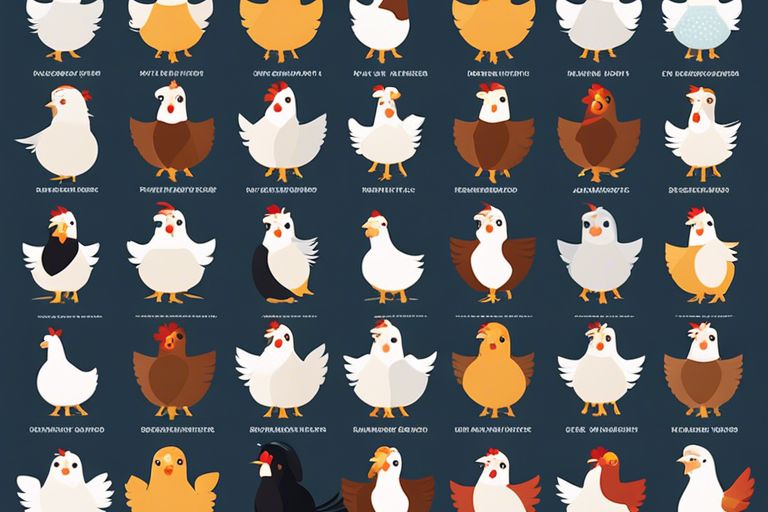
Ongoing Management and Care for Your Chicken Breed
Seasonal Care Adjustments
Seasonal care adjustments are crucial for ensuring the health and well-being of your chickens throughout the year. Depending on your climate, you may need to provide additional heat or cooling during extreme temperatures. Be sure to monitor your flock regularly and make necessary adjustments to their housing and environment to keep them comfortable.
Recognizing and Responding to Climate Stress
Chicken breeds can exhibit signs of stress when exposed to extreme weather conditions. It’s important for chicken owners to be able to identify these signs and take appropriate action to mitigate any potential health issues. Monitoring your chickens for symptoms of climate stress, such as panting, lethargy, or reduced egg production, can help you provide timely care.
For instance, during heatwaves, chickens may benefit from access to cooler areas, such as shaded spots or misting systems. It’s also important to provide ample fresh water and ensure good ventilation in their coop to help them cope with the heat. By being proactive and attentive to your chickens’ needs, you can help them thrive in any climate.
Conclusion
Considering all points, selecting the right chicken breed for your climate is vital for the health and productivity of your flock. It is crucial to research and understand the specific needs and characteristics of different breeds, such as cold hardiness, heat tolerance, and humidity resistance, to ensure they thrive in your environment. By taking into account factors like temperature, rainfall, and sunlight exposure, you can narrow down your options and choose a breed that is well-suited to your climate, resulting in happier and healthier chickens.
FAQ
Q: Why is it important to choose the right chicken breed for your climate?
A: Choosing the right chicken breed for your climate is crucial for the health and well-being of your chickens. Different breeds are adapted to different climates, so selecting a breed that thrives in your specific climate will ensure that your chickens are comfortable and productive.
Q: What factors should I consider when choosing a chicken breed for my climate?
A: Important factors to consider when choosing a chicken breed for your climate include temperature range, humidity levels, precipitation, and overall weather patterns in your region. Additionally, you should consider the size of your coop and the amount of space available for your chickens to roam.
Q: How do I determine the climate requirements of different chicken breeds?
A: Researching the climate requirements of different chicken breeds is crucial. You can consult with hatcheries, breed associations, or poultry experts to learn more about the specific climate preferences of different breeds. Additionally, online resources and books on chicken breeds can provide valuable information.
Q: What are some chicken breeds that thrive in hot climates?
A: Some chicken breeds that thrive in hot climates include Leghorns, Silkies, and Mediterranean breeds such as the Ancona and Minorca. These breeds are known for their heat tolerance and ability to withstand high temperatures.
Q: Which chicken breeds are best suited for cold climates?
A: Chicken breeds that are well-suited for cold climates include Orpingtons, Wyandottes, and Marans. These breeds have thick plumage and are able to withstand cold temperatures without issue.
Q: How can I ensure that my chickens are comfortable in extreme weather conditions?
A: To ensure that your chickens are comfortable in extreme weather conditions, provide adequate shelter, ventilation, and access to fresh water at all times. In hot weather, provide shade and misters to help your chickens stay cool, while in cold weather, insulate the coop and provide heat sources if necessary.
Q: Can I raise multiple breeds of chickens in the same climate?
A: Yes, you can raise multiple breeds of chickens in the same climate, as long as you provide appropriate accommodations for each breed. However, keep in mind that some breeds may be more dominant or territorial, so it is important to monitor the flock and ensure that all chickens have access to food, water, and space.
